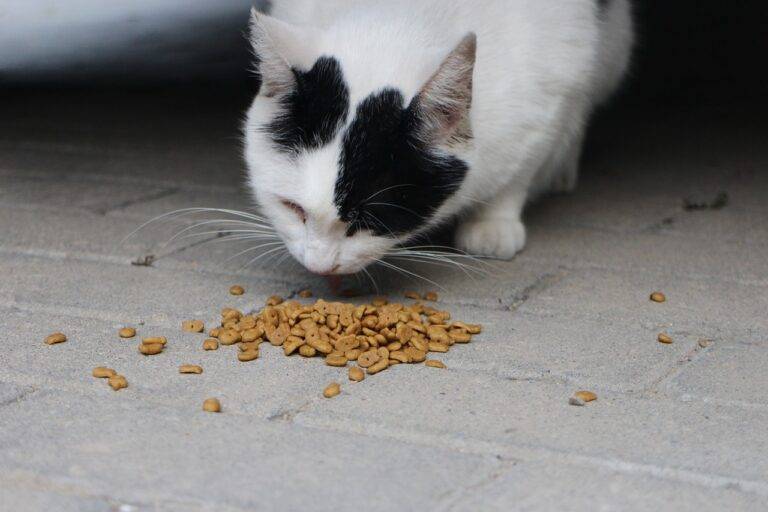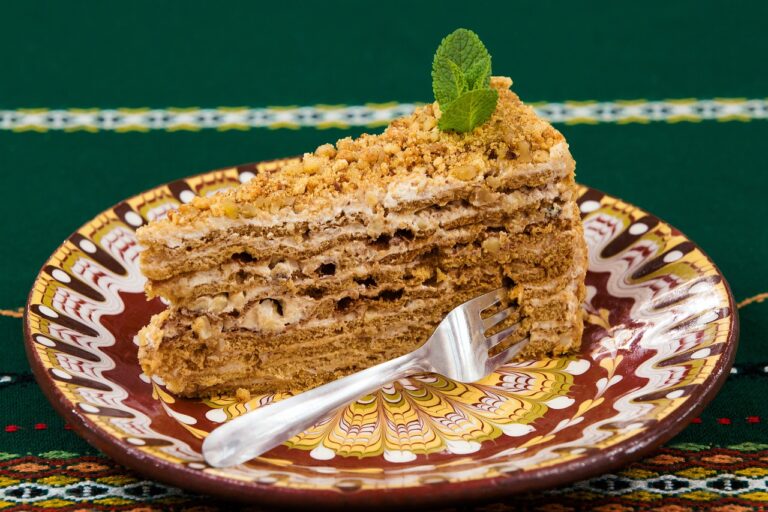Kombucha and Sleep: Exploring Its Relaxing Effects
betbhai9.com whatsapp number, playexch app, lotus 365 login: Are you struggling to get a good night’s sleep? Do you find yourself tossing and turning in bed, unable to relax and fall into a deep slumber? If so, you’re not alone. Sleep is essential for our overall health and well-being, yet many of us struggle to get the rest we need.
One potential solution that has been gaining popularity in recent years is kombucha. This fermented tea drink is known for its many health benefits, including improved digestion, increased energy, and even potential weight loss. But can kombucha also help you sleep better? In this article, we’ll explore the relaxing effects of kombucha and how it may help you achieve a more restful night’s sleep.
What is Kombucha?
Kombucha is a fermented tea drink that has been consumed for centuries for its health benefits. It is made by fermenting sweetened tea with a symbiotic culture of bacteria and yeast (SCOBY). During the fermentation process, the bacteria and yeast consume the sugar in the tea, producing a slightly fizzy, tangy drink that is rich in probiotics and antioxidants.
Kombucha is believed to have originated in China over 2,000 years ago and has since spread to other parts of the world. It has gained a reputation as a health tonic that can improve digestion, boost the immune system, and even promote weight loss.
How Does Kombucha Affect Sleep?
While there is limited scientific research on the specific effects of kombucha on sleep, some experts believe that the drink’s probiotic content may be beneficial for promoting relaxation and reducing stress. Probiotics are live bacteria and yeasts that are good for your digestive system. They are often referred to as “good” bacteria because they help keep your gut healthy.
One study published in the Journal of Physiological Anthropology found that probiotics may play a role in reducing stress and anxiety levels. The researchers concluded that the gut-brain axis, which is the biochemical signaling that takes place between the gastrointestinal tract and the central nervous system, may be a key mechanism by which probiotics can influence mood and behavior.
Given that stress and anxiety are common contributors to sleep disturbances, it is possible that consuming probiotic-rich foods and drinks like kombucha could help promote relaxation and improve sleep quality.
In addition to its probiotic content, kombucha also contains antioxidants, which are compounds that help protect your cells from damage caused by free radicals. Free radicals are unstable molecules that can cause oxidative stress in the body, leading to inflammation and various health problems.
By reducing oxidative stress and inflammation, antioxidants may help promote a state of relaxation and improve overall well-being, which could in turn contribute to better sleep.
How to Incorporate Kombucha Into Your Bedtime Routine
If you’re interested in trying kombucha to help improve your sleep, there are a few ways you can incorporate it into your bedtime routine. Here are some tips to help you make the most of this fermented tea drink:
1. Drink kombucha in the evening: To reap the potential relaxing effects of kombucha, try drinking a glass in the evening before bed. The slight fizziness and tangy flavor can be a refreshing way to unwind at the end of the day.
2. Experiment with different flavors: Kombucha comes in a variety of flavors, from classic black tea to fruity blends like raspberry or mango. Experiment with different flavors to find one that you enjoy and that helps you relax.
3. Consider homemade kombucha: If you’re feeling adventurous, you can try making your own kombucha at home. This way, you can control the ingredients and flavor combinations to suit your preferences.
4. Pair kombucha with a bedtime snack: Enjoy your kombucha with a small, healthy bedtime snack, such as a handful of nuts or a piece of fruit. This can help promote relaxation and enhance the benefits of the drink.
Overall, incorporating kombucha into your bedtime routine may help promote relaxation and improve sleep quality. While individual experiences may vary, many people find that this fermented tea drink can be a soothing and refreshing addition to their evening ritual.
FAQs About Kombucha and Sleep
Q: How much kombucha should I drink to help improve my sleep?
A: There is no one-size-fits-all answer to this question, as individual responses to kombucha may vary. It’s best to start with a small amount, such as a half-cup serving, and see how your body reacts. You can gradually increase your intake if you find that kombucha helps you relax and sleep better.
Q: Can kombucha cause any side effects that may interfere with sleep?
A: While kombucha is generally considered safe for most people, some individuals may experience digestive upset or bloating when first introducing this drink into their diet. If you notice any adverse effects, it may be best to reduce your intake or try a different brand or flavor of kombucha.
Q: Are there any contraindications for drinking kombucha before bed?
A: If you have a sensitivity to caffeine, be aware that kombucha contains trace amounts of this stimulant due to the tea used in the fermentation process. While the caffeine content is typically low, it’s best to avoid drinking kombucha close to bedtime if you are sensitive to caffeine.
In conclusion, kombucha may have relaxing effects that can help improve sleep quality for some individuals. By incorporating this fermented tea drink into your bedtime routine, you may find that it promotes relaxation and enhances your overall well-being. Experiment with different flavors and serving sizes to find what works best for you, and enjoy the potential benefits of this ancient health tonic. Cheers to better sleep with kombucha!







